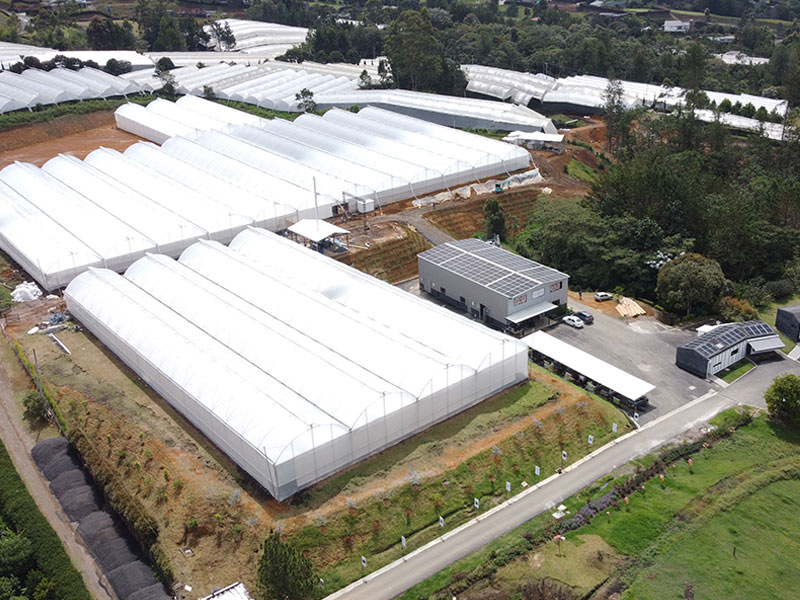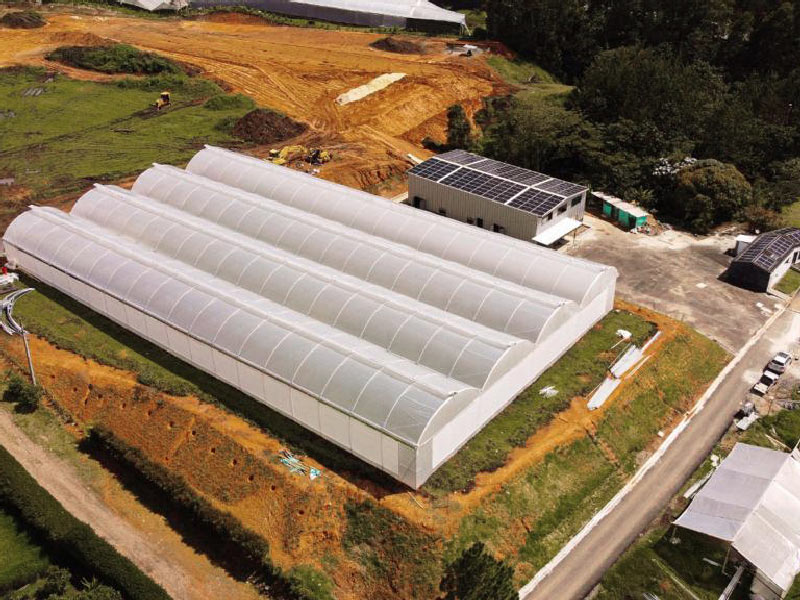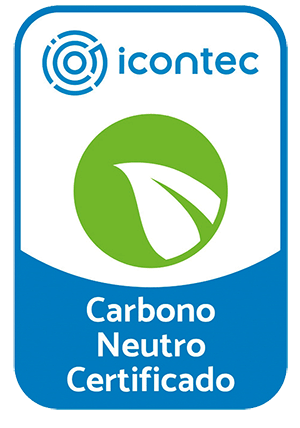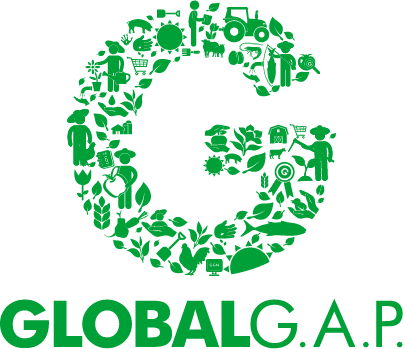Sustainability

At Deliflor Americas, we strive to ensure that all our processes and varieties are sustainable. Our way of operating is always aimed at caring for the environment and being a breeder that makes a difference in everything we do. That’s why we want to share with you all our initiatives to make our process and the world a better place.
Water Recirculation
At Deliflor Americas, we have a rain- water recirculation system in place. Rainwater is captured from the green- houses and channeled to a reservoir lake, from which water is pumped back to the greenhouses for irrigation purposes. The water used is treated through an ultrafiltration system, and the irrigation is done through drip and mist systems, depending on the pro- duction area.
Electricity
We have solar panels that supply electricity to the farm. These panels provide us with approximately 10,000 to 11,000 kWh per month. In the greenhouses, we use GreenPower LED bulbs, which reduce energy consumption by up to 90 percent compared to incandescent lamps. They offer significant energy sav- ings compared to halogen and compact fluorescent lamps (CFL) while improving crop results. The GreenPower flowering LED lamp is an efficient and energy-effective way to extend daylight in greenhouses.
Solid Waste
We implement various environmental campaigns focused on reducing solid waste generation, including:
We fill plastic bottles with wrappers from different candies and snacks, which are then used by the
Bottles of Love foundation to transform the plastic material into recycled plastic lumber for the construction of houses and urban furniture. This is part of our circular economy strategy.
We collect plastic caps from various plastic containers, which are donated to the Caps for Healing Foundation, helping children with cancer through the commercialization of recyclable material.
We have containers for collecting used batteries, which are delivered to authorized handlers for trans- portation, storage, and disposal through post- consumer pro- grams to prevent these types of waste from reaching landfills or natural sources.
We have a comprehensive solid waste management plan that outlines
the management of different waste generated in the company, from
source separation to storage and final disposal. Recyclable waste is donated
to the Arofuturo Foundation, where reusable materials are given to single
mothers who collect and sell them. Organic waste resulting from plant
material discards in the greenhouses is used for composting and later
utilized as fertilizer in gardening and landscaping areas. This compost is
not used in the cultivation processes of the farm’s varieties. Fertilizer and
agrochemical containers are disposed of through authorized handlers, following national environmental regulations and post-consumer programs, ensuring environmental care.
Bees
We have established an ecological trail that includes the installation of hotels for native pollinator bees to contribute to environmental conservation. Our aim is to create a friendly space for pollinating bees and hymenoptera (bees, wasps, ants, etc.), as bees are the most efficient pollinators in nature. We specifically attract native solitary or eusocial bees, such as those from the Meliponini tribe, which do not have stingers. With declining bee populations worldwide due to habitat loss, intensive agricultural practices, climate change, and excessive use of agrochemicals like pesticides, there are currently about 20,000 species of bees globally, with Colombia having approximately 1,000 to 1,500 species, of which less than half are registered. Pollination is crucial for ecosys- tem balance and the reproduction of angiosperm plants that provide food for humans. Bees can increase the quantity and quality of food crops like blackberries, mangoes, avocados, and passion fruits by approximately 30%.

Located in La Ceja, Antioquia, Deliflor Americas has a property spanning 8.15 hectares, with 1.5 hectares dedicated to greenhouses for our variety production. The remaining space not used for economic activities is focused on reforestation programs with native species that serve as habitats for local fauna. Additionally, we compensate for our carbon footprint through ColCX. ColCX is an initiative created for greenhouse gas (GHG) mitigation projects focused on reducing emissions or increasing the removal of greenhouse gases.
In the year 2020, the organization offset 99 metric tons of carbon dioxide equivalent (tCO2e) through the CO2CERO CORDILLERA CENTRAL Forest Project and 77 metric tons of tCO2e through the CO2CERO VICHADA Forest Project.
Training
Throughout the year, training, awareness campaigns, and sensitization activities are conducted on topics such as caring for and conserving the flora and fauna within the property, proper management of solid waste, and efficient use of water and energy.
Pest and soil management
The soil is sterilized every planting cycle, approximately every 20 weeks, using steam generated by a natural gas-powered boiler for 2.5 hours per bed, reaching a temperature of 90 degrees Celsius. Planting of vegetation is not done directly in the soil but in pots or con- tainers filled with soil. Therefore, at the end of each plant’s productive cycle in these areas, all the soil is removed from the pots, composted, and subse- quently used in garden areas. An integrated pest and soil manage- ment process is employed to prevent and treat pests, diseases, and physical issues. It utilizes cultural, behavioral, biological, physical, biotechnical, genetic, mechanical, and chemical methods, with chemicals being the last resort and only used in response to justified situations of population stim- ulation of pests or diseases as the sole alternative for phytosanitary control.
Employee safety and well-being
We also uphold a commitment to eth- ical trade, ensuring dignified and safe working conditions, fair wages, and reasonable working hours without discrimination. Additionally, we implement good social practices with all employees in accordance with the commitments established by the International Labour Organization and the Universal Declaration of Human Rights, including providing confidential communication spaces for complaints without fear of reprisals. We comply with and respect applicable international laws, and promote and guarantee awareness of human rights.




